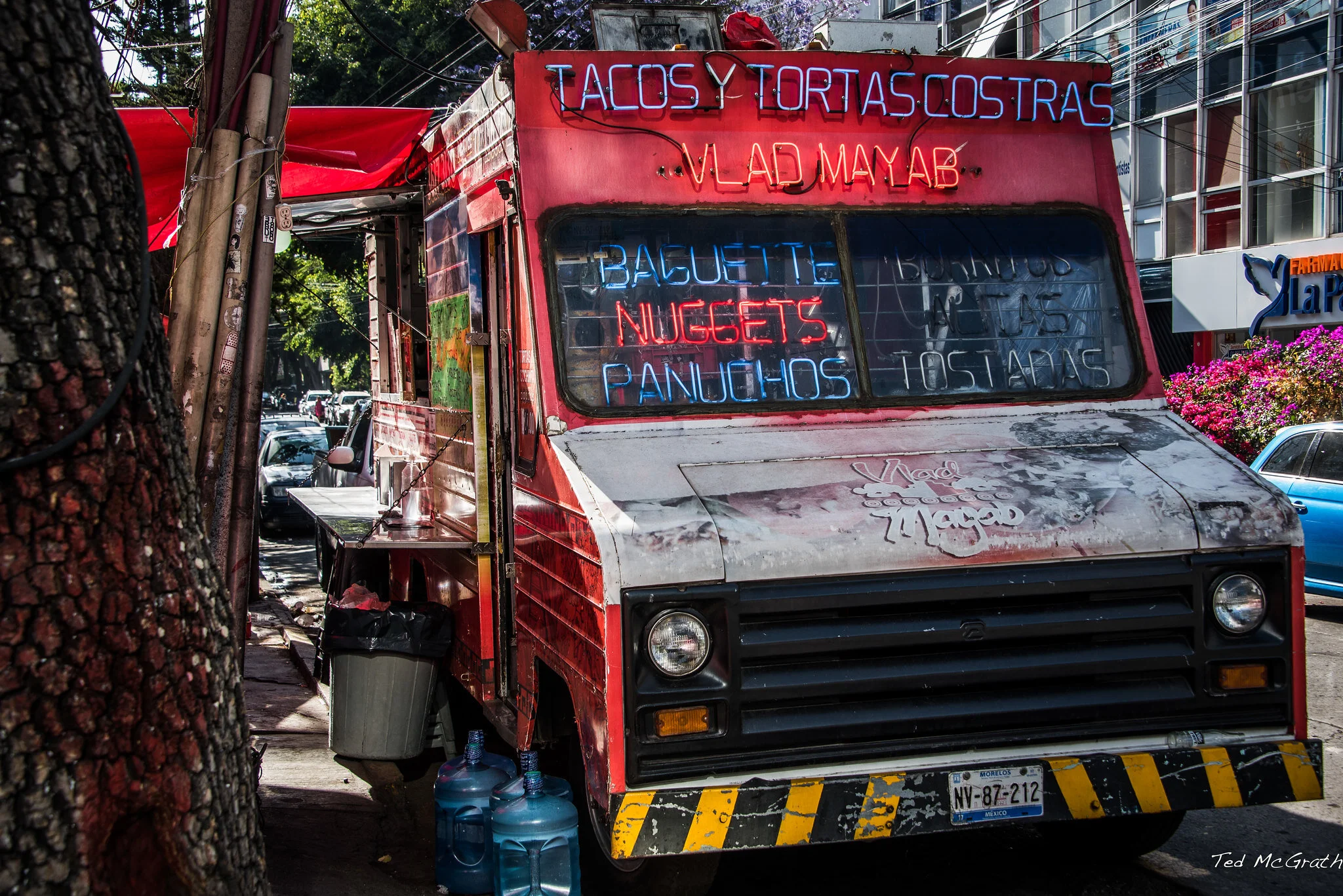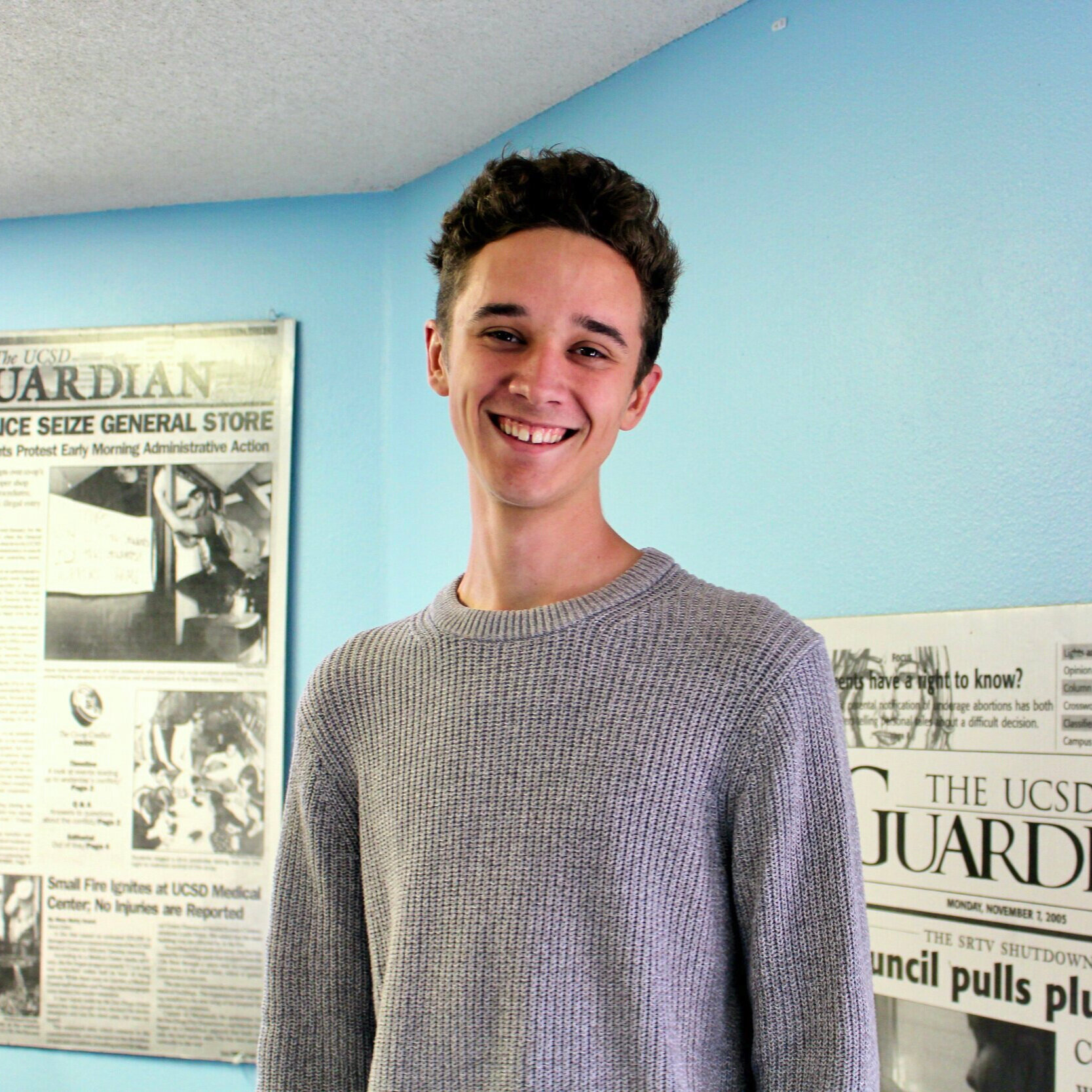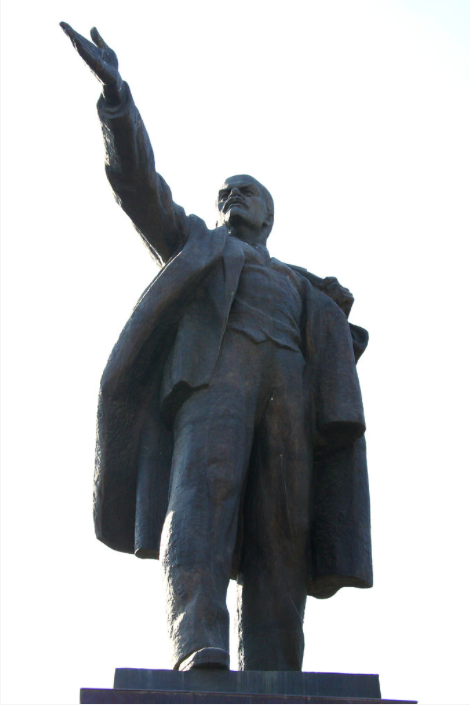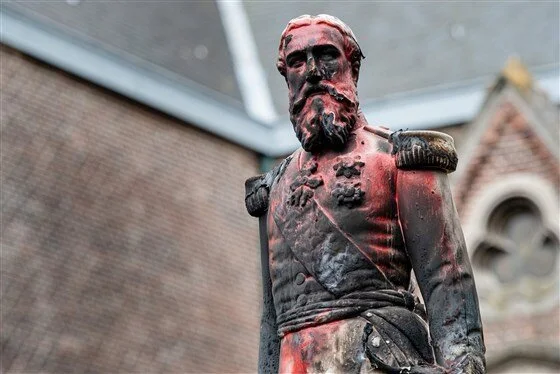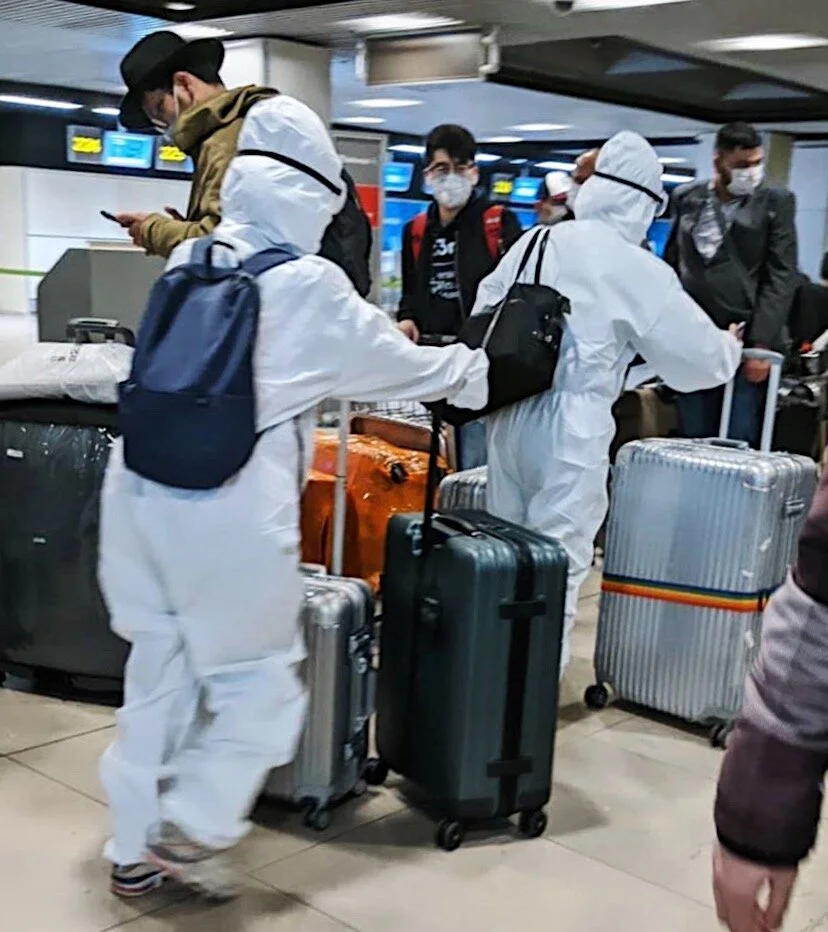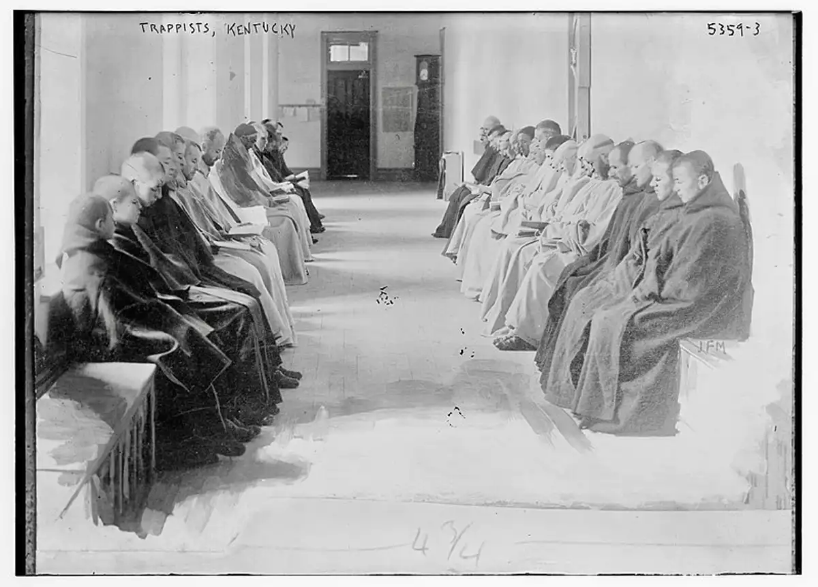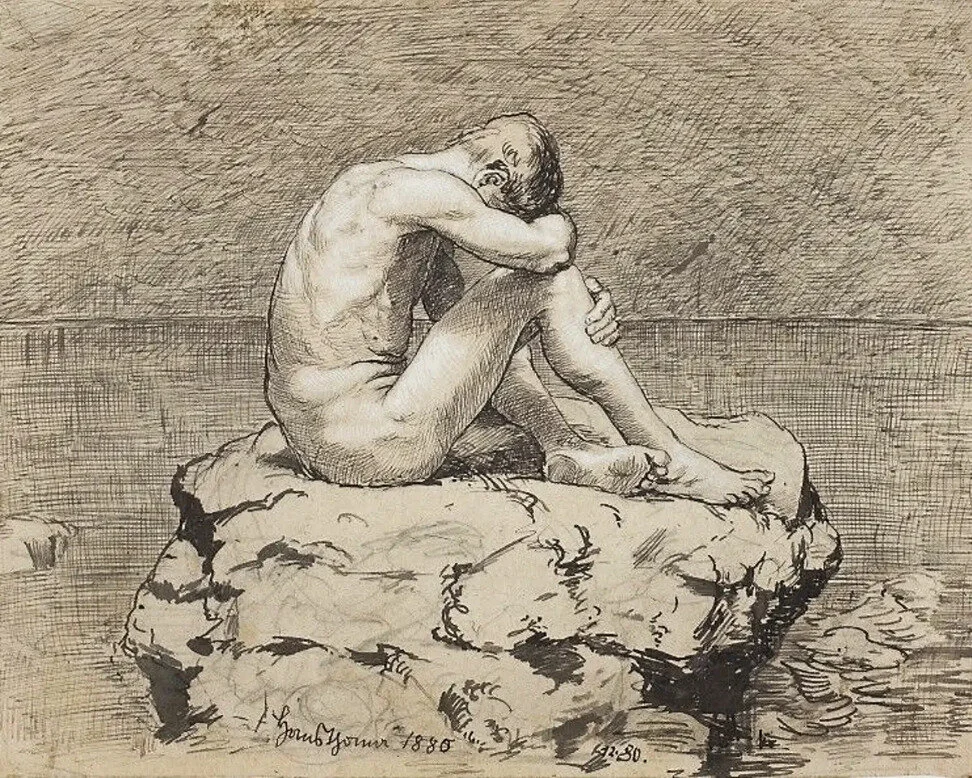The ongoing COVID-19 pandemic has caused many to experience FOMO, or the fear of missing out, for travel plans which have otherwise been canceled. That said, with a little creativity and a socially distanced trip to the supermarket, not all travel plans have to be lost.
If you’re interested in taking a more in-depth virtual visit to an international destination, check out our guide on international staycations. However, if you’re looking for a DIY brunch in Milan, a virtual afternoon in Cape Town, or an evening in Singapore, then continue reading on for a list of eight international destinations that you can (briefly) visit from the comfort of your home.
Day 1. Have Brunch in Milan
Homemade panettone, a popular Milanese sweet bread. Nicola. CC BY 2.0.
Milan is truly an international city. The capital of Italy’s Lombardy region boasts an eclectic blend of Milanese cuisine, innovative fashion, and museums which are second to none. In planning a stay-at-home brunch in Milan, one need look no further than the numerous menus of the city’s 8,785 restaurants for inspiration.
Consider making Sarpi oTTo’s famous quadrotti, the Italian equivalent of avocado toast; one just substitutes avocado for any number of toppings from their menu including hummus, chicken pate, or ricotta and asparagus. Or try your hand at making some pastries like vegan almond and carrot cake, chocolate croissants, or a homemade brioche inspired by the California Bakery. Likewise, taste coffees inspired by Biancolatte with recipes including bicerin, an Italian-style mocha espresso, caffe shakerato, or a simple caffe americano.
Day 2. Visit the Museums of Cape Town
A train pulling into a station in Cape Town. George M. Groutas. CC BY 2.0.
Cape Town, the legislative capital of South Africa, is one of the most historically rich and culturally diverse cities in all of Africa. The second-most populous city in the country, Cape Town is home to a number of popular destinations such as Table Mountain, Cape Point, and world-renowned beaches.
Another popular attraction of the city that can be enjoyed virtually is its excellent museums. The Iziko South African National Gallery is known for its contemporary South African, Dutch, British and French paintings, and offers several virtual tours from exhibits within the Iziko museum system. Likewise, the District Six Museum is home to collections documenting and memorializing the forced removal of 60,000 residents from the District Six region of Cape Town during apartheid in the 1970s. Offering a number of virtual educational resources, one can learn more about the history of apartheid and the movement for restitution.
Day 3. Dine at a Hawker Center in Singapore
Diners eating at the Holland Village Hawker Centre. Premshree Pillai. CC BY-NC-SA 2.0.
Hawker centers are food markets featuring a blend of cuisines reflective of Singapore's status as a global city. Known for their unique food culture, they draw millions of tourists to the country annually. Famous food halls include the Newton Food Centre, which was featured in “Crazy Rich Asians,” the Chinatown Food Complex and the Tai Hwa Eating House. The latter two are home to the first and second street food locations to ever receive Michelin stars.
For those curious to try out some of the best that Singapore’s hawker centers have to offer, Spice N’ Pans has a list of 20 recipes with how-to videos straight from the city-state’s food stalls. Popular favorites on the list include Hainanese chicken rice, chicken satay, and Teochew fish porridge.
Day 4. Travel Throughout the Middle East
Visitors walking through Petra, Jordan. Chris Yunker. CC BY 2.0.
In the Western world, the Middle East is often overlooked as a travel destination. However, this region is home to a variety of diverse cultures that would be a pity to overlook. Sites such as Petra, Jordan, the Isfahan mosque in Iran, and the Kadisha Valley in Lebanon continue to captivate audiences to this day.
To get a taste of what the Middle East has to offer, consider taking a virtual tour in one of the 16 countries in the region. The travel and culture blog Where Sasha Went offers a great guide to a variety of tours available to anyone. The ancient port city of Jaffa in Israel, flashy Dubai in the United Arab Emirates and the rugged country of Tajikistan are just a handful of locations which can be toured from your computer.
Day 5. Experience Australia’s Natural Diversity
A view of Uluru, also known as Ayers Rock. Angelo Failla. CC BY-NC-SA 2.0.
The land down under is home to some of the most unique and beautiful natural landscapes in the world. Whether it be the Great Barrier Reef off the eastern coast, the vast desert regions of the interior, or the tropical forests in the far north, Australia is truly home to something for every nature lover, regardless of what they may be interested in.
To get a glimpse into the biodiversity of the region, a number of virtual experiences are available for free. The famous Uluru-Kata Tjuta National Park has a number of 360-degree views of the most popular sites in the park. Likewise, one can tour the Great Barrier Reef with David Attenborough, one of the world’s most famous natural historians. Additionally, the Lone Pine Koala Sanctuary offers 18 live webcams so viewers can get up close and personal with the sanctuary’s koalas, dingoes and collection of reptiles.
Day 6. Taste the Tacos of Mexico
A taco food truck in Mexico City. Ted McGrath. CC BY-NC-SA 2.0.
Mexican food, and more specifically tacos, have been a staple of the American food canon for decades. However, what is often lost when one visits their local taqueria is the history behind the recipes, culture and heritage of favorites such as tacos al pastor and pescado.
Enter “Taco Chronicles,” a visually engaging docuseries on Netflix which centers around the history, traditions and varieties of tacos found throughout Mexico. Each episode highlights a type of taco, then showcases interviews with families, experts, food writers and restaurant owners as they discuss the process and history of their personal recipes. If you are going to sit down for a couple episodes, it is highly recommended that you have a taco in hand; the stunning cinematography and in-depth descriptions make any mouth water for guisado and carnitas.
Day 7. Visit the Best Museums of Europe
The front entrance of the British Museum. David Woo. CC BY-ND 2.0.
Europe is world renowned for its museums. Each country on the continent can boast its own collections of art, history, science, technology and cultural innovation. Several of these museums, like the Prado Museum in Madrid and the Galileo Museum in Florence, Italy, have been featured in the article, “8 Museums from Around the World to Visit Virtually from Home.”
That said, countless other European museums are deserving of recognition and worth your time if you have a couple of free hours. The British Museum currently offers the Museum of the World digital collection, self-described as an “experience through time, continents and cultures, featuring some of the most fascinating objects in human history.” The Vatican Museums offer virtual tours of a number of rooms from the Holy See, including the iconic Sistine Chapel and the halls of the Chiaramonti Museum. Finally, the State Hermitage Museum in St. Petersburg, Russia, offers an extensive online catalog of art and cultural artifacts from Europe’s largest country.
Day 8. Viva La Habana
A view of Havana from the Malecon. Nick Kenrick. CC BY-NC-SA 2.0.
For many, the sights and sounds of Cuba’s capital city are lost, largely due to the ongoing tensions between the island nation and the United States. That said, Havana’s unique history has shaped it to be one of the most fascinating and culturally vibrant cities in the world. Featuring sites like the Paseo del Prado, institutions such as the International School of Havana, and foods like fried sweet plantains and cafe cubano, the city holds something for everyone.
To enjoy Havana from the comfort of your home, consider trying your hand at cooking Cuban recipes. Saveur offers a great starting point for recipes, including popular favorites such as ropa vieja, a Cuban-style shredded beef, fricase de pollo, a type of chicken stew, and the ever-famous cubano sandwich. Additionally, a budding film industry has begun to take hold in Havana, offering films that showcase beautiful shots of the cityscape. Movies like “Four Seasons in Havana” and “Wasp Network” are both available on Netflix.
Jacob Sutherland
Jacob is a recent graduate from the University of California San Diego where he majored in Political Science and minored in Spanish Language Studies. He previously served as the News Editor for The UCSD Guardian, and hopes to shed light on social justice issues in his work







